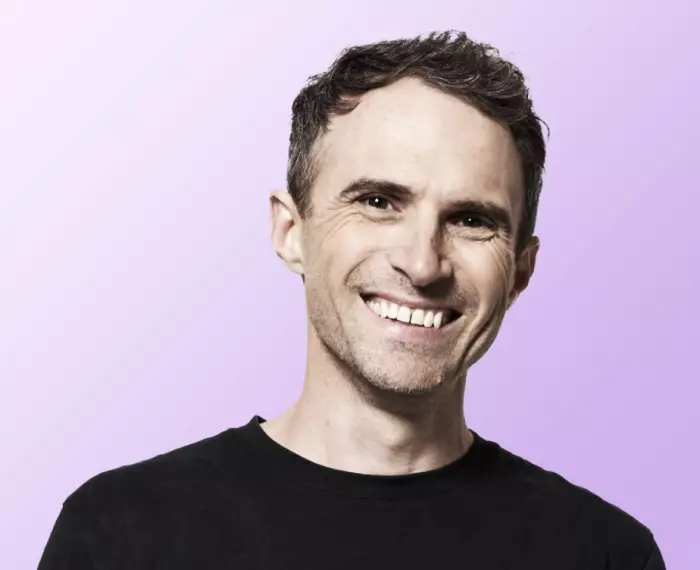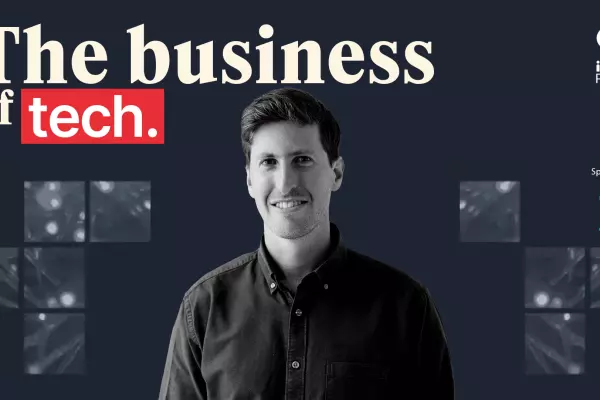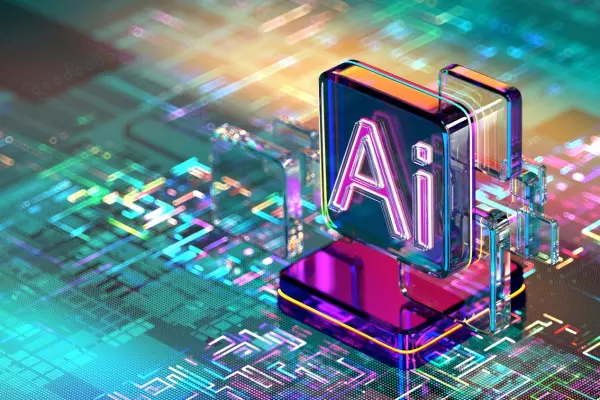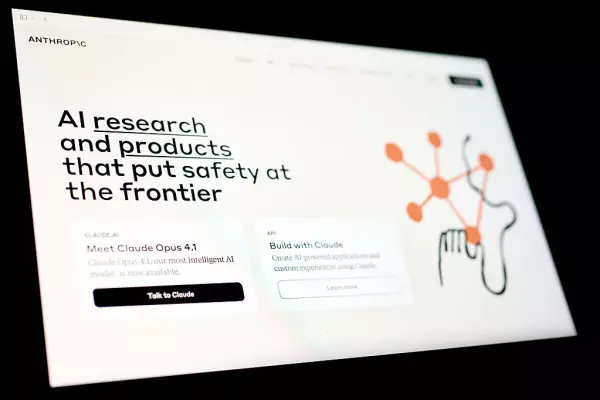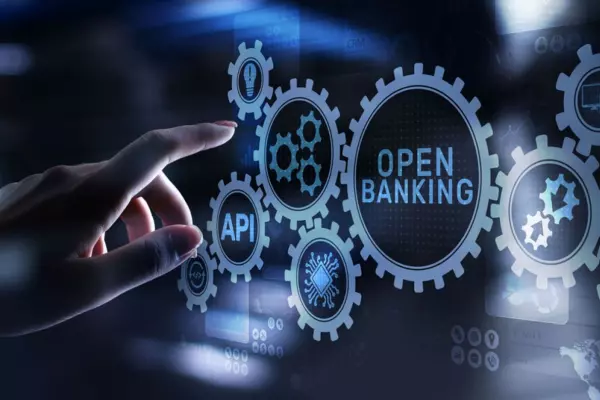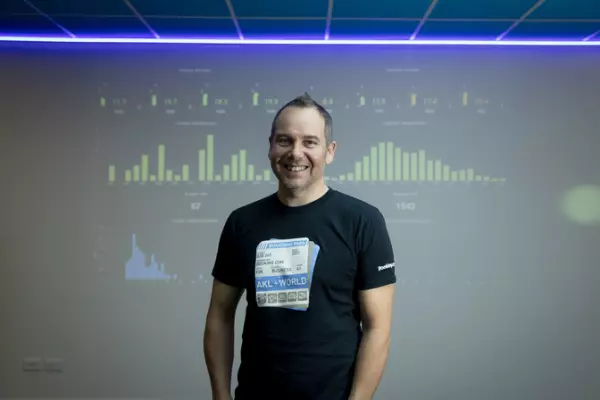The artificial intelligence revolution that’s upon us is set to trigger “huge disruptive change”, Australian neuroscientist Professor Joel Pearson says.
Your job could soon look radically different, education will be turned upside down, and AI-generated content will have you questioning what is actually real.
That’s why Pearson, the academic, best-selling author and keynote speaker at the upcoming Spark Accelerate Summit in Auckland, says we must draw on all the tools in the scientific arsenal to understand how AI will change how we live, work, think, and act.
Pearson’s most recent work converges on the fast-moving intersection of neuroscience and AI, a space he calls neurofuturism. He coined the term to shift focus away from the startup valuations and technical wizardry dominating the AI landscape toward the psychological and societal transformation under way.
The AI-generated elephant in the room
“It’s not about AI being good or bad,” says Pearson, the director of the Future Minds Lab at the University of New South Wales, who warns that even utopian advances come with deep disruptions to quality of life, purpose, and mental health.
“It’s the amount of change and the velocity of the change that’s going to hit people hard. That is really the elephant in the room when it comes to AI.”
For Pearson, the core challenge is not just technical progress but human adaptability – how we mentally and emotionally prepare for a future shaped by exponential technologies.
An arts student, Pearson pivoted to science at university, went on to complete a PhD in neuroscience and became a leading expert on aphantasia, a rare condition that leaves some people with the inability to voluntarily create mental images.
Pearson’s life-long passion for discovery led him to develop the concept of “Agile Science”, drawing on the rapid-iteration methodology familiar to the startup world. By “front-ending discovery with minimum viable experiments” and breaking free of conventional baggage, his research group opens up new methodologies for understanding consciousness, mental imagery, and intuition. As Pearson puts it, “Once you can measure those things, it just blows open that field as a whole new area.”
Central to his approach is harnessing brain imaging and advanced neuroscience tools to decode the ingredients of intuition, creativity, and agency. By measuring “mental imagery, aphantasia, hallucinations, conscious creativity”, Pearson’s lab studies the hidden mechanisms behind how people think, adapt, and learn.
These insights are not limited to academia. Through Future Minds Lab, Pearson works directly with companies to apply cutting-edge research in practical settings, from workplace change management to national policy design.
AI, memory, and human vulnerability
Already, says Pearson, we are seeing a mounting pile of academic literature on the psychological aspects of exposure to artificial intelligence. He mentions the scary-sounding and still unofficially named “AI psychosis syndrome”, a rare, emerging phenomenon based on accounts of people who have developed psychosis after lengthy conversations with AI chatbots, becoming unable to distinguish between what is and is not reality.
“We’ve seen quite a few cases now where young people have had their whole reality warped by talking to these AI companions for many hours a day,” Pearson says.
“I feel pretty strongly that we should basically ban that in young people.”
Pearson is fascinated by the potential for AI-generated content to begin to warp our memories.
“I spent a few hours looking at AI videos of myself that I created, and something strange happened after a few hours,” he says. “I’d have these moments where I’d doubt my memories.”
Outsource to AI, then upsize
As synthetic media blurs the boundary between real and artificial experience, Pearson cautions that we are running a psychological experiment on a mass scale. Then there’s the risk of cognitive enfeeblement – outsourcing an increasing amount of our cognitive load to AI assistants.
“If you outsource to AI, then do nothing, of course your brain activity is going to be different,” Pearson explains.
“So what I tell people everywhere is to do something I call cognitive upsizing. As soon as you outsource to AI, take on bigger, more complex, juicier problems.”
He likens mental effort to physical exercise: “You wouldn’t outsource going to the gym, because the whole point is to do that.”
Of course, AI will usher in many positive changes too, sparing us the drudgery of repetitive, menial work and even unlocking our creativity when used effectively. But the key, says Person, will be embracing AI with adaptability and psychological resilience.
Leaders, he adds, must focus on “AI-ready change management” to achieve the gains AI promises, while mitigating the negative impacts.
“We like to think of ourselves as fully in control, but we’re not. The unconscious actually does drive a lot of our behaviours,” Pearson says.
“We need to invest in human readiness now.”
BusinessDesk is the media partner for Spark Accelerate. BusinessDesk’s editorial staff have full control over the story selection, content and publishing.


